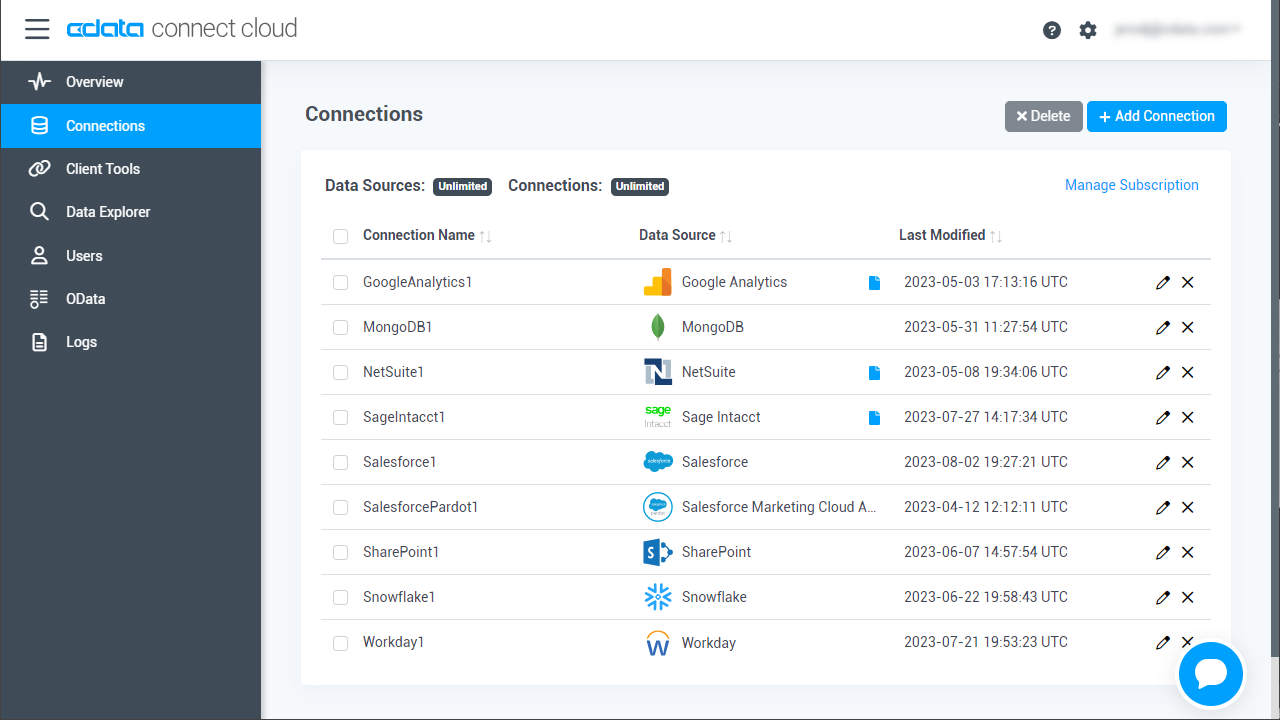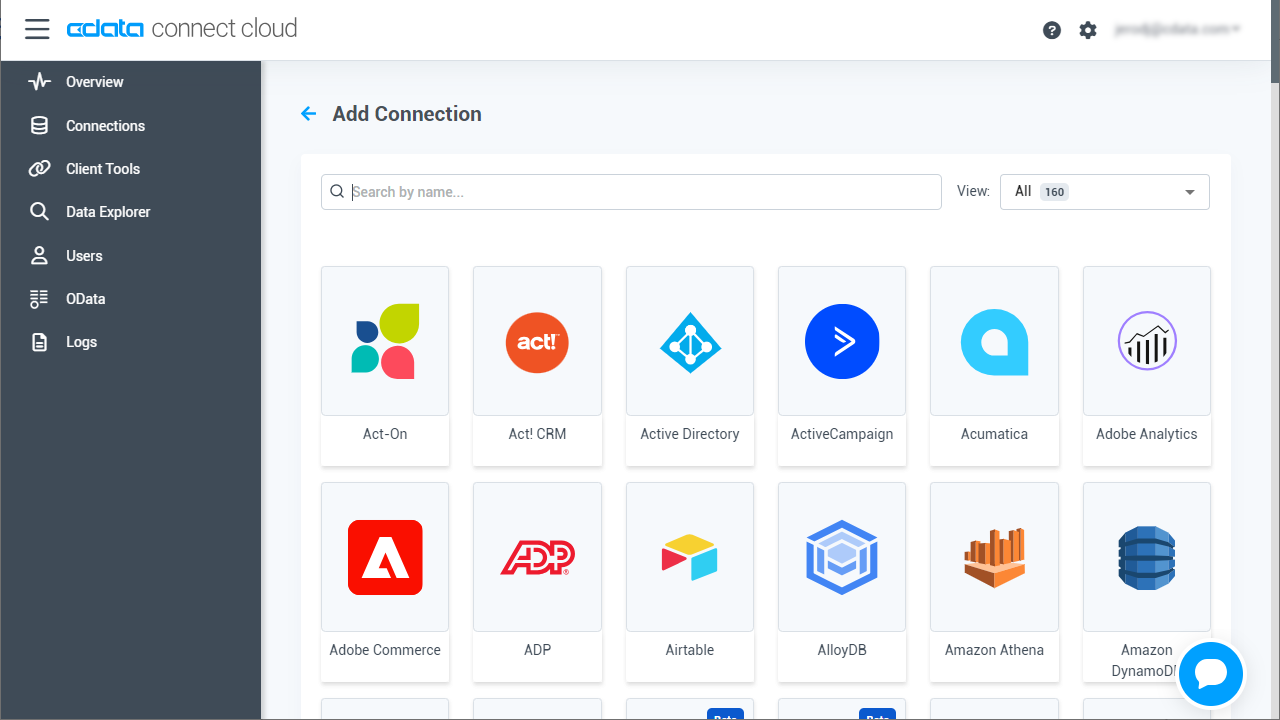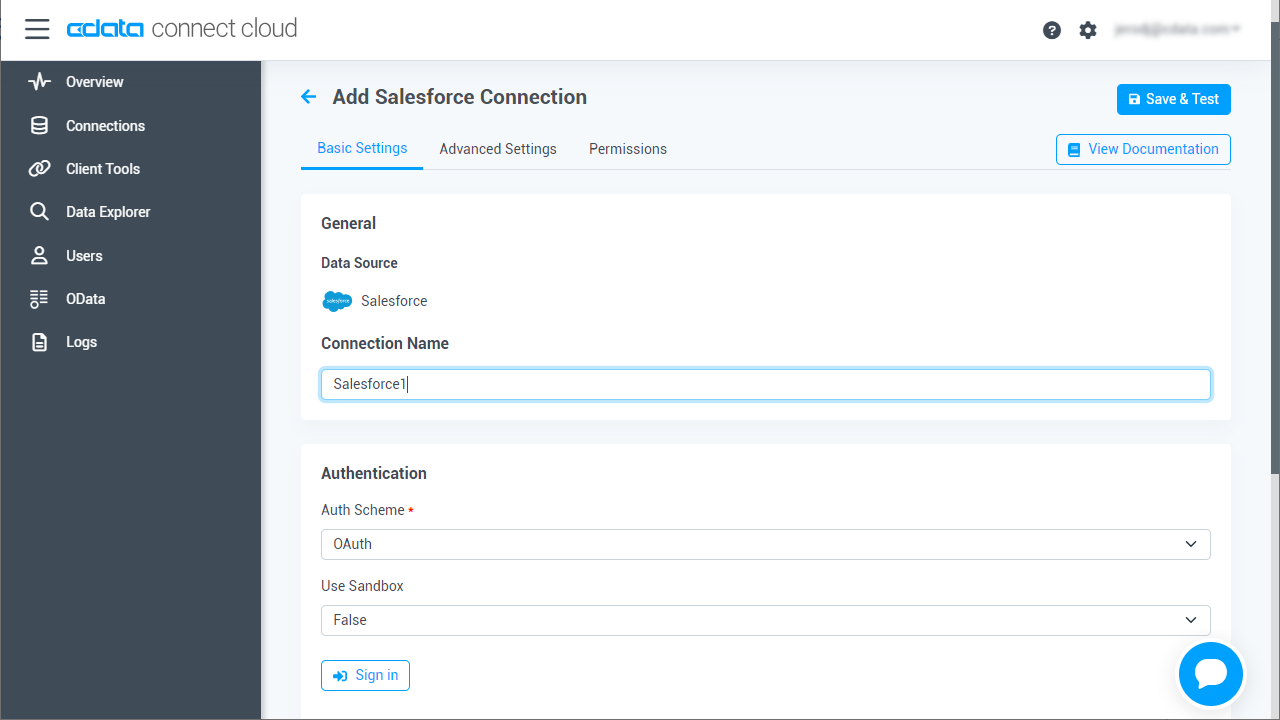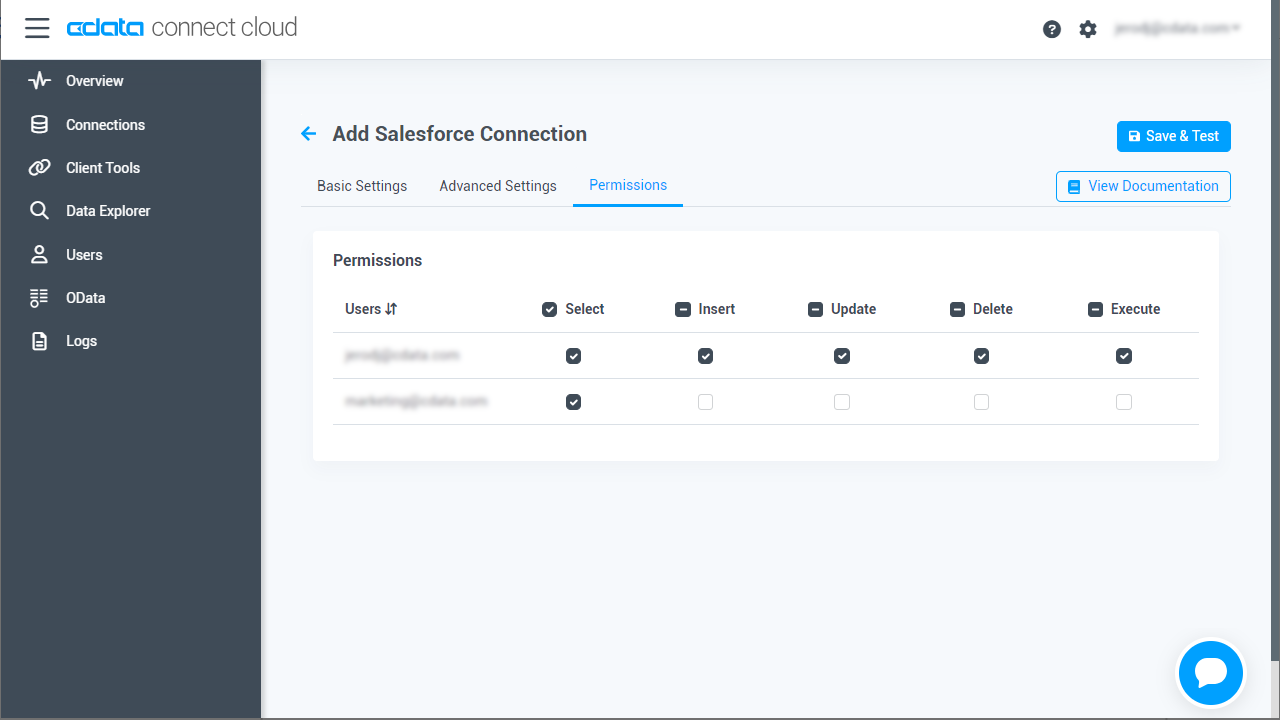Discover how a bimodal integration strategy can address the major data management challenges facing your organization today.
Get the Report →Access Live Azure Analysis Services Data in Excel (Desktop)
Use CData Connect Cloud to gain access to live Azure Analysis Services data from your Excel spreadsheets.
Microsoft Excel is a widely used spreadsheet software application, primarily used for tasks related to data management, analysis, and visualization. When combined with CData Connect Cloud, you gain immediate access to Azure Analysis Services data directly within Excel, facilitating data analysis, collaboration, calculations, and more.This article shows how to connect to Azure Analysis Services in your Connect Cloud instance and access live Azure Analysis Services data in Excel spreadsheets.
CData Connect Cloud provides a pure cloud-to-cloud interface for Azure Analysis Services, allowing you to easily access live Azure Analysis Services data in Excel for the web. Simply use the Connect Cloud Add-In to query live data (or write your own). Using optimized data processing out of the box, CData Connect Cloud pushes all supported query operations (filters, JOINs, etc) directly to Azure Analysis Services, leveraging server-side processing to quickly return Azure Analysis Services data.
This setup requires a CData Connect Cloud instance and the CData Connect Cloud Add-In for Excel. To get started, sign up a free trial of Connect Cloud and install the free Connect Cloud Excel Add-In.
Configure Azure Analysis Services Connectivity for Excel
Connectivity to Azure Analysis Services from Excel is made possible through CData Connect Cloud. To work with Azure Analysis Services data from Excel, we start by creating and configuring a Azure Analysis Services connection.
- Log into Connect Cloud, click Connections and click Add Connection
![Adding a Connection]()
- Select "Azure Analysis Services" from the Add Connection panel
![Selecting a data source]()
-
Enter the necessary authentication properties to connect to Azure Analysis Services.
To connect to Azure Analysis Services, set the Url property to a valid server, for instance, asazure://southcentralus.asazure.windows.net/server, in addition to authenticating. Optionally, set Database to distinguish which Azure database on the server to connect to.
Azure Analysis Services uses the OAuth authentication standard. OAuth requires the authenticating user to interact with Azure Analysis Services using the browser. You can connect without setting any connection properties for your user credentials. See the Help documentation for more information.
![Configuring a connection (Salesforce is shown)]()
- Click Create & Test
- Navigate to the Permissions tab in the Add Azure Analysis Services Connection page and update the User-based permissions.
![Updating permissions]()
With the connection configured, you are ready to connect to Azure Analysis Services data from Excel.
Access Live Azure Analysis Services Data in Excel
The steps below outline connecting to CData Connect Cloud from Excel to access live Azure Analysis Services data.
- Open Excel, create a new sheet (or open an existing one).
- Click Insert and click Get Add-ins. (if you have already installed the Add-In, jump to step 4).
- Search for CData Connect Cloud Add-In and install the Add-in.
![Install the Add-In]()
- Click Data and open the CData Connect Cloud Add-In.
- In the Add-In panel, click Authorize to authenticate with your CData Connect Cloud instance
![Authorizing the Add-In]()
- In the CData Connect Cloud panel in Excel, click Import
![CData Connect Cloud panel in Excel]()
- Choose a Connection (e.g. AAS1), Table (e.g. Customer), and Columns to import
![CData Connect Cloud panel in Excel]()
- Optionally add Filters, Sorting, and a Limit
![Choosing a Connection, Table, and Columns]()
- Click Execute to import the data
![Executing the Query]()
Live Access to Azure Analysis Services Data from Cloud Applications
New, you have a direct, cloud-to-cloud connection to live Azure Analysis Services data from your Excel workbook. You can add more data to your workbook for calculations, aggregations, collaboration, and more.

Try CData Connect Cloud and get real-time data access to 100+ SaaS, Big Data, and NoSQL sources directly from your cloud applications.
















